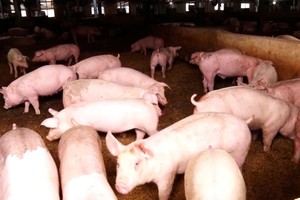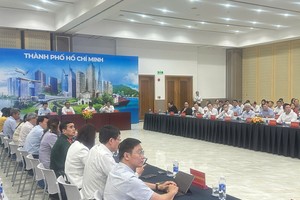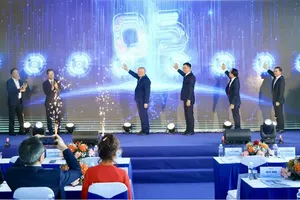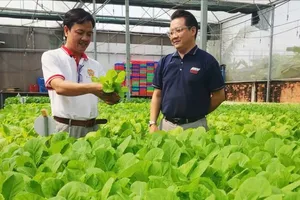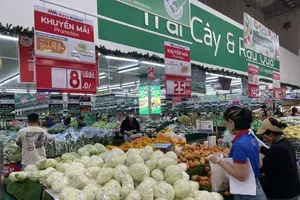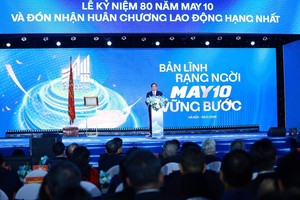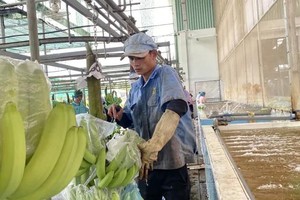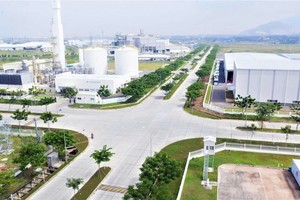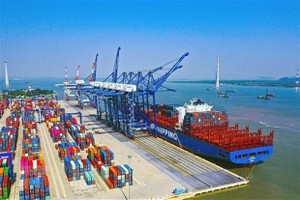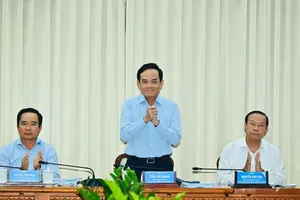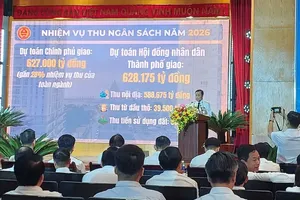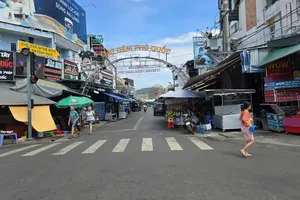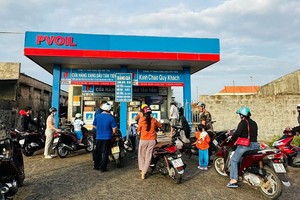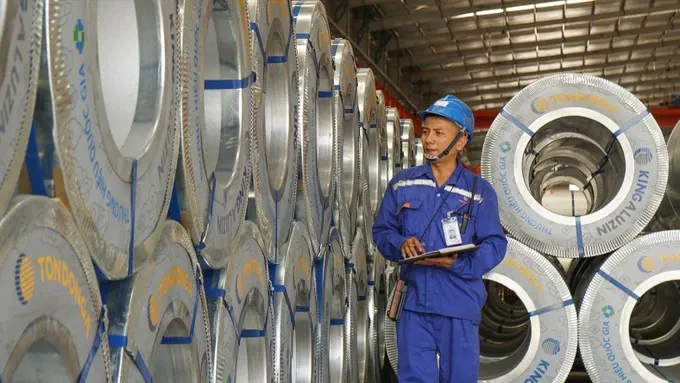
From years of experience in investment attraction, Deputy Director Tran Viet Ha of the HCMC Export Processing and Industrial Zones Authority (Hepza) observed that fluctuating and constantly changing investment incentives have made it difficult for both application and investor stability.
In the past, only foreign direct investment (FDI) was entitled to incentives under the foreign investment law. Later, general investment incentives were applied to all businesses with investment projects. Upon joining the World Trade Organization (WTO), incentives related to export ratios and processing enterprises were eliminated. Around 2010, incentives for businesses investing in industrial parks were removed, only to be reinstated a few years later.
Currently, Hepza is unable to determine which incentives a business is entitled to when issuing investment certificates and has to simply state “incentives according to current law.”
One typical instance of changing incentive policies is Nidec Precision Vietnam Co. Ltd. This company has been operating in Saigon Hi-tech Park since 2005, and the preferential land lease price was specifically stated in the contract. In 2018, the State Audit requested a supplementary collection of land rent amounting to over VND16.6 billion (US$674,000). The enterprise argued that it was unreasonable to retroactively collect preferential land rent after 12 years of application and that it violated the previous contractual agreement.
Lawyer Nguyen Quoc Vinh from the Vietnam International Arbitration Center (VIAC) assessed that one of the concerns of foreign investors coming to Vietnam is policy stability. They worry about whether their projects will be revoked or taxes will change or not.
Lawyer Nguyen Duc Nghia from the HCMC Business Association mentioned another challenge coming from significant tax errors, mostly in the application of preferential policies, easily leading to collusion, corruption, and tax evasion.
In addition to the need for stable investment and tax policies, foreign investors from the Vietnam Business Forum expressed that the government and localities should strive to develop infrastructure, support energy transition, improve the workforce's skills, and simplify approval requirements to improve Vietnam's business ecosystem and introduce more attractive policies to attract investment in high-tech and semiconductor sectors.
Understanding that, the Government is currently finalizing a draft decree on the establishment, management, and use of the Investment Support Fund, which proposes direct financial support to investors in certain sectors.
Specifically, the draft decree states that the human resource training and social infrastructure investment of beneficiaries, including hi-tech enterprises, enterprises with projects investing in the production of hi-tech products, enterprises with projects applying high technology, and enterprises with projects investing in research and development centers, are all highly supported.
The Ministry of Planning and Investment is also actively seeking opinions to finalize the draft amendment to supplement a number of provisions of the Investment Law for submission to the National Assembly at the upcoming October session, including a number of amendments considered groundbreaking, especially regarding investment procedures.
For special investment procedures, likened to a "greenlight channel," within 15 days of receiving the documents, the management board of industrial parks, processing zones, high-tech parks, and economic zones will issue an investment certificate to the investor.
Special investment procedures apply to projects investing in the construction of innovation centers, research and development (R&D) centers; projects investing in research and supporting the transfer of high technology in certain fields; projects investing in the integrated circuit semiconductor industry, design and manufacturing of integrated circuits, electronic components, flexible electronics, chips, new batteries, new materials, and clean energy industry.
The ‘greenlight channel’ regulation in investment attraction is very new. The reason why the Ministry of Planning and Investment proposed special investment procedures is that the current investment procedures are regulated in many different laws and must be carried out through many steps and stages. While the competition to attract strategic investors is becoming increasingly fierce, especially in the semiconductor industry, high-tech, artificial intelligence, etc., countries are also applying special administrative procedures to varying degrees to focus on attracting investment in these sectors. If Vietnam follows the usual procedures, it will be very difficult to attract high-tech projects.
Deputy Minister of Planning and Investment Nguyen Thi Bich Ngoc
